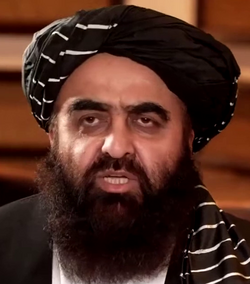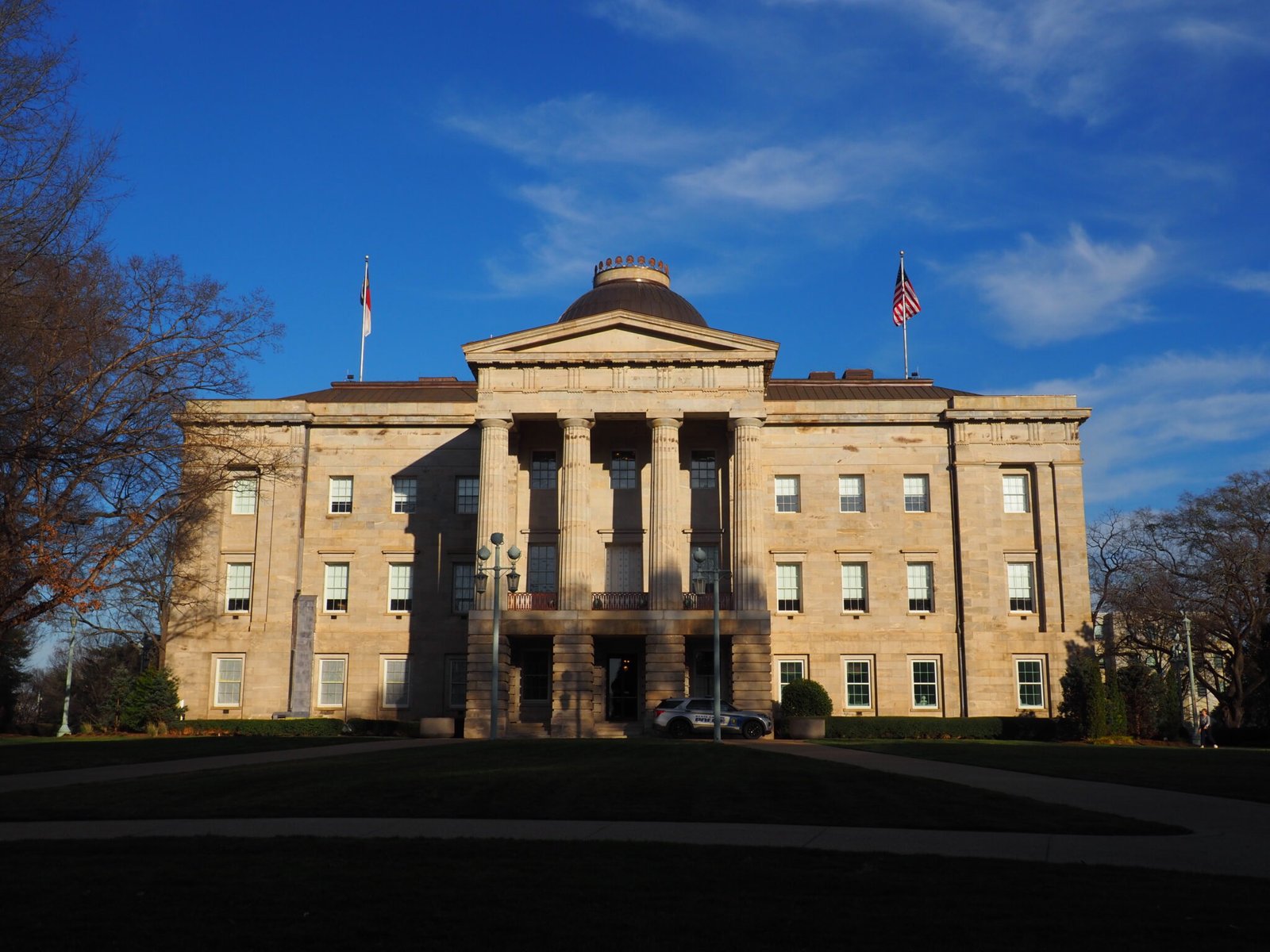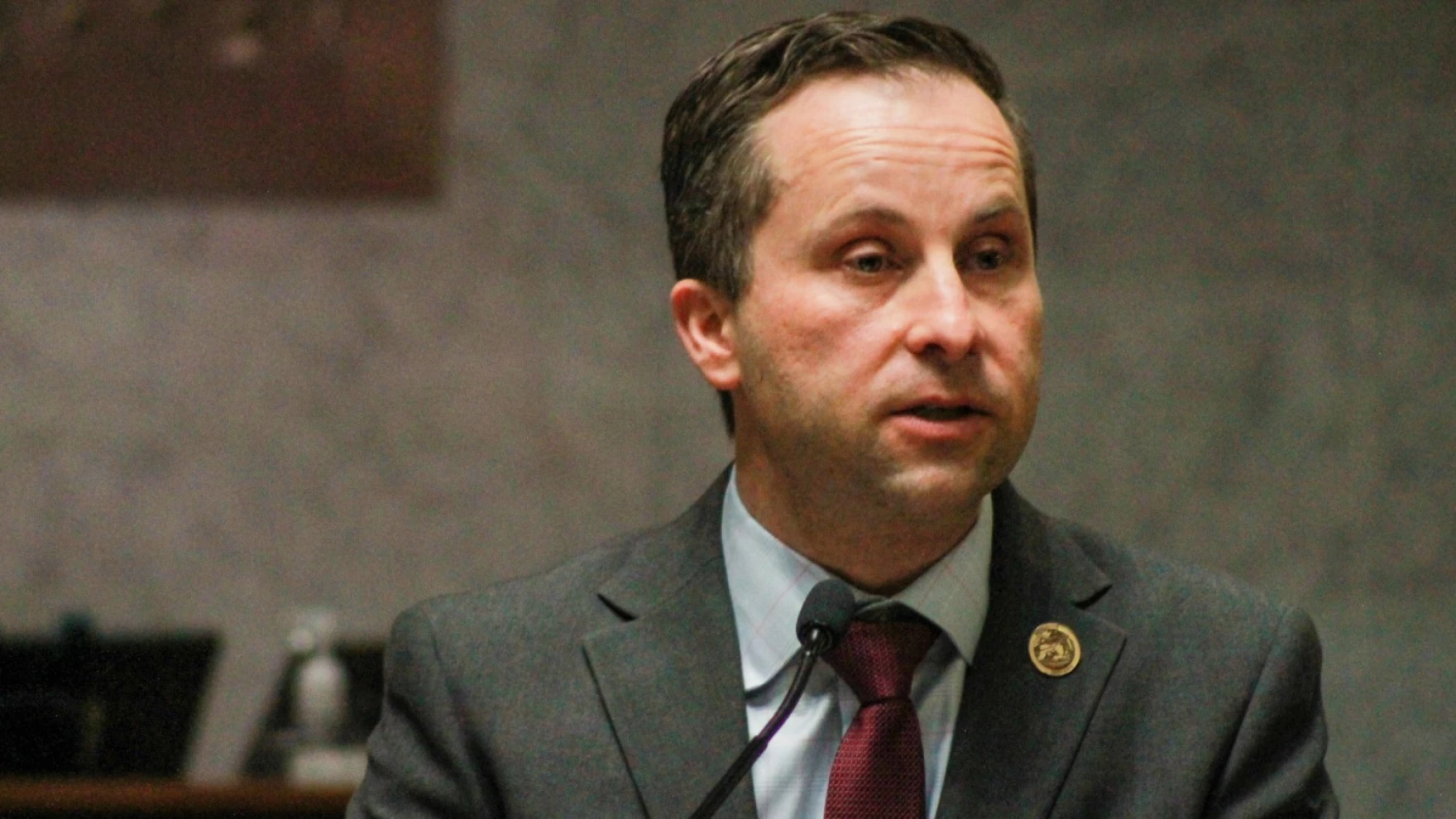Amir Khan Muttaqi has become a central figure in Afghanistan’s evolving political landscape as the Foreign Minister of the Taliban-led government. Since the Taliban regained control of Afghanistan in August 2021, Muttaqi has taken on a key role in representing the group on the international stage. His position places him at the forefront of the Taliban’s efforts to establish diplomatic relations and gain recognition from other countries. As the main diplomat for the regime, he is tasked with navigating a complex world of international politics while promoting the Taliban’s interests and vision for Afghanistan. Amir Khan Muttaqi is a senior member of the Taliban who has been involved with the organization for many years. His long-standing ties to the group and experience in political roles make him a crucial figure in the Taliban’s leadership. Before the Taliban’s return to power, Muttaqi held various positions during their previous rule from 1996 to 2001. During that time, he gained experience in governance and diplomacy that now informs his work as Foreign Minister. Since 2021, Amir Khan Muttaqi has been the public face of the Taliban’s foreign relations. He frequently speaks about the group’s desire to engage positively with the international community, emphasizing a new phase of “positive relations, mutual respect, and constructive engagement.” These statements aim to show that the Taliban are willing to work with other countries, even as many remain cautious due to the group’s history and current policies. One of the key goals for Muttaqi and the Taliban government has been to secure formal international recognition. This recognition is critical for opening doors to trade, humanitarian aid, and cooperation that Afghanistan desperately needs after decades of conflict and economic hardship. However, gaining acceptance from the global community has been challenging. Many countries have held back because of the Taliban’s strict domestic policies, especially those restricting women’s rights. Under the Taliban’s rule, women face severe limitations on education, employment, and public life. These issues have drawn widespread international criticism and have complicated diplomatic relations. Despite these challenges, Amir Khan Muttaqi has led several diplomatic talks and negotiations with regional powers, including countries like Pakistan, China, Russia, and members of the Gulf Cooperation Council. These discussions focus on matters such as border security, counterterrorism, economic support, and regional stability. His diplomatic efforts have highlighted the Taliban’s interest in forming strategic partnerships and gaining legitimacy on the world stage. Recently, Russia became the first country to officially recognize the Taliban government, a milestone that Amir Khan Muttaqi welcomed as historic. He praised Russia for leading the way and described the recognition as a positive example for other nations to follow. This development marks a shift in international dynamics and increases pressure on other countries to reconsider their stance toward the Taliban administration. Amir Khan Muttaqi’s role in this process is significant because it signals the Taliban’s commitment to building diplomatic ties and fostering cooperation beyond Afghanistan’s borders. The Taliban’s return to power has been met with skepticism and concern worldwide. However, through figures like Muttaqi, the group is trying to present a more diplomatic and pragmatic image. His emphasis on mutual respect and constructive engagement aims to soften the group’s image and attract necessary international support. Nevertheless, many observers remain cautious about the Taliban’s promises. The group’s repeated enforcement of strict religious rules, especially those targeting women and girls, continues to be a major obstacle in winning broader acceptance. While Amir Khan Muttaqi promotes dialogue and diplomacy, the realities on the ground present a complex picture. The international community continues to watch closely to see whether the Taliban will uphold any commitments to moderate governance or human rights improvements. In addition to his foreign ministry duties, Amir Khan Muttaqi also plays a role in shaping Afghanistan’s foreign policy direction. His efforts include managing relations with neighboring countries and addressing security concerns linked to terrorism and insurgency. Afghanistan’s geographic location in Central Asia makes its stability a significant concern for many regional powers. Through diplomatic channels led by Muttaqi, the Taliban government seeks to reassure neighbors and international partners about its intentions and policies. Amir Khan Muttaqi’s prominence in the Taliban administration reflects the group’s evolving strategy to gain legitimacy and establish itself as a governing authority capable of international cooperation. His position requires balancing the Taliban’s ideological roots with the practical needs of statecraft in a complex geopolitical environment. As Afghanistan continues to face economic and humanitarian challenges, the role of the Foreign Minister remains critical in shaping the country’s future interactions on the global stage.
Andrew Rogers
Andrew Rogers is a seasoned journalist and news analyst specializing in global affairs, politics, and finance. With a passion for investigative reporting, he delivers accurate, insightful stories that inform and engage readers worldwide.







